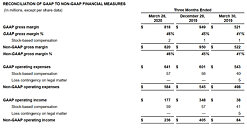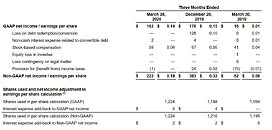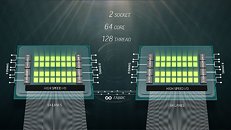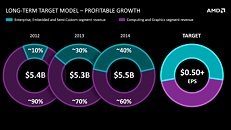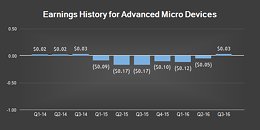
Intel to Make its Most Advanced Foundry Nodes Available even to AMD, NVIDIA, and Qualcomm
Intel CEO Pat Gelsinger, speaking at the Intel Foundry Services (IFS) Direct Connect event, confirmed to Tom's Hardware that he hopes to turn IFS into the West's premier foundry company, and a direct technological and volume rival to TSMC. He said that there is a clear line of distinction between Intel Products and Intel Foundry, and that later this year, IFS will be more legally distinct from Intel, becoming its own entity. The only way Gelsinger sees IFS being competitive to TSMC, is by making its most advanced semiconductor manufacturing nodes and 3D chip packaging innovations available to foundry customers other than itself (Intel Products), even if it means providing them to companies that directly compete with Intel products, such as AMD and Qualcomm.
Paul Alcorn of Tom's Hardware asked CEO Gelsinger "Intel will now offer its process nodes to some of its competitors, and there may be situations wherein your product teams are competing directly with competitors that are enabled by your crown jewels. How do you plan to navigate those types of situations and maybe soothe ruffled feathers on your product teams?" To this, Gelsinger responded "Well, if you go back to the picture I showed today, Paul, there are Intel products and Intel foundry, There's a clean line between those, and as I said on the last earnings call, we'll have a setup separate legal entity for Intel foundry this year," Gelsinger responded. "We'll start posting separate financials associated with that going forward. And the foundry team's objective is simple: Fill. The. Fabs. Deliver to the broadest set of customers on the planet."
Paul Alcorn of Tom's Hardware asked CEO Gelsinger "Intel will now offer its process nodes to some of its competitors, and there may be situations wherein your product teams are competing directly with competitors that are enabled by your crown jewels. How do you plan to navigate those types of situations and maybe soothe ruffled feathers on your product teams?" To this, Gelsinger responded "Well, if you go back to the picture I showed today, Paul, there are Intel products and Intel foundry, There's a clean line between those, and as I said on the last earnings call, we'll have a setup separate legal entity for Intel foundry this year," Gelsinger responded. "We'll start posting separate financials associated with that going forward. And the foundry team's objective is simple: Fill. The. Fabs. Deliver to the broadest set of customers on the planet."







